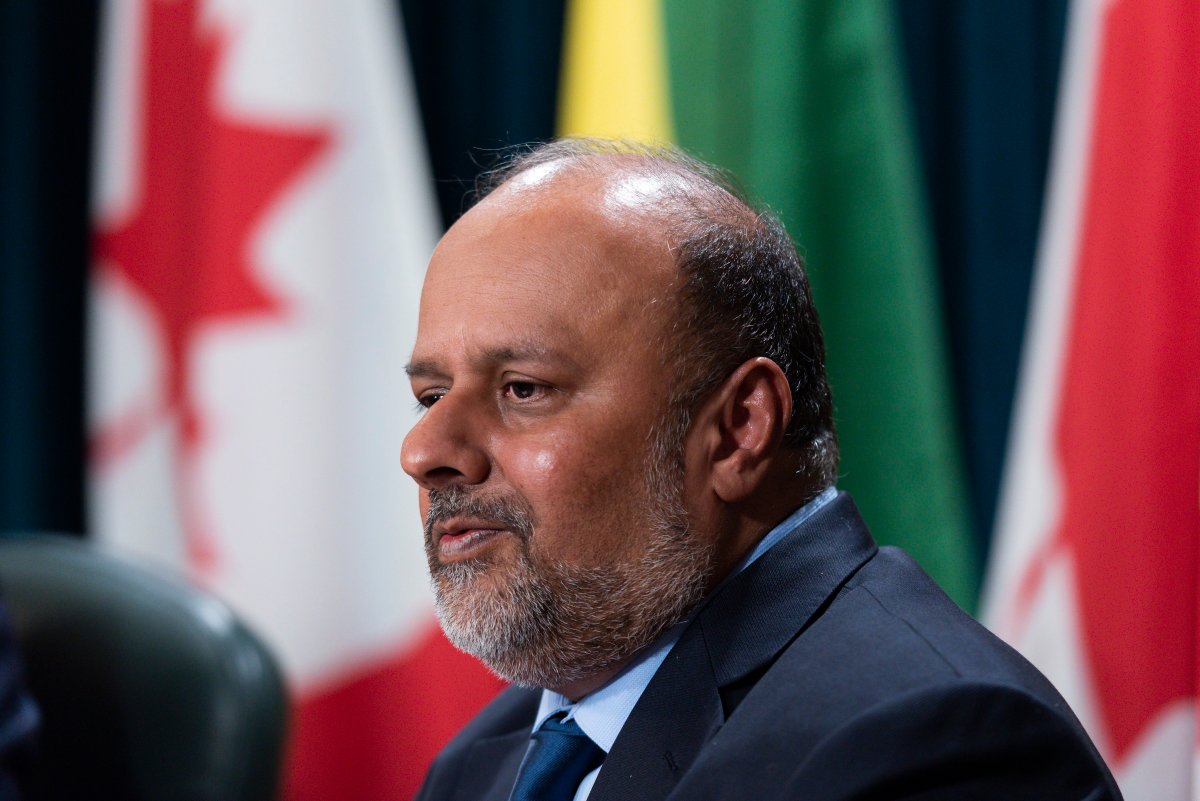Saskatchewan reported 11 new cases of COVID-19 Saturday afternoon, bringing the total number of cases in the province to 231.

There are four people in the hospital, including three people who are receiving inpatient care in Saskatoon and one person in the ICU in Regina.
There have been seven more recoveries from COVID-19 bringing the total number of recoveries to 55.
Of the 231 cases in the province, 106 are a result of travelling and 65 are from community spread including mass gatherings.
There are 13 cases with no known exposures while 47 other cases are currently being investigated by public health.
Saskatoon has the highest number of cases with 112 being reported in the area. There are 50 cases in Regina, 43 from northern Saskatchewan, 13 from southern Saskatchewan and 10 from central Saskatchewan. Three cases are linked to the far north.

Get weekly health news
Seven cases involve people 19 years of age and under while the remainder of cases are adults.
There have been three deaths related to COVID-19 reported to date.
The province has performed 12,670 tests in the province. According to the provincial government, Saskatchewan continues to have the second-highest rate of testing per capita among the provinces.
Saskatchewan’s chief medical health officer Dr. Saqib Shahab was not available Saturday for comment.
Questions about COVID-19? Here are some things you need to know:
Health officials caution against all international travel. Returning travellers are legally obligated to self-isolate for 14 days, beginning March 26, in case they develop symptoms and to prevent spreading the virus to others. Some provinces and territories have also implemented additional recommendations or enforcement measures to ensure those returning to the area self-isolate.
Symptoms can include fever, cough and difficulty breathing — very similar to a cold or flu. Some people can develop a more severe illness. People most at risk of this include older adults and people with severe chronic medical conditions like heart, lung or kidney disease. If you develop symptoms, contact public health authorities.
To prevent the virus from spreading, experts recommend frequent handwashing and coughing into your sleeve. They also recommend minimizing contact with others, staying home as much as possible and maintaining a distance of two metres from other people if you go out.
For full COVID-19 coverage from Global News, click here.















Comments